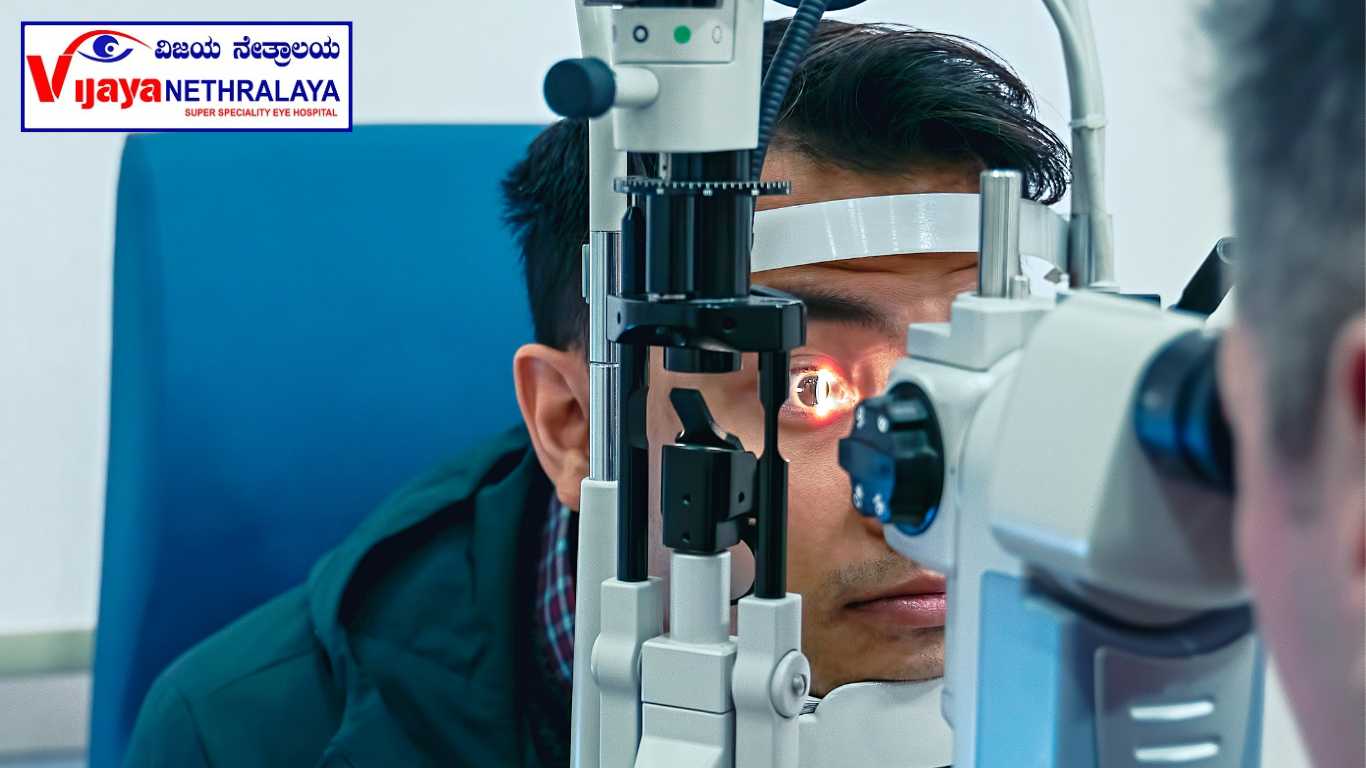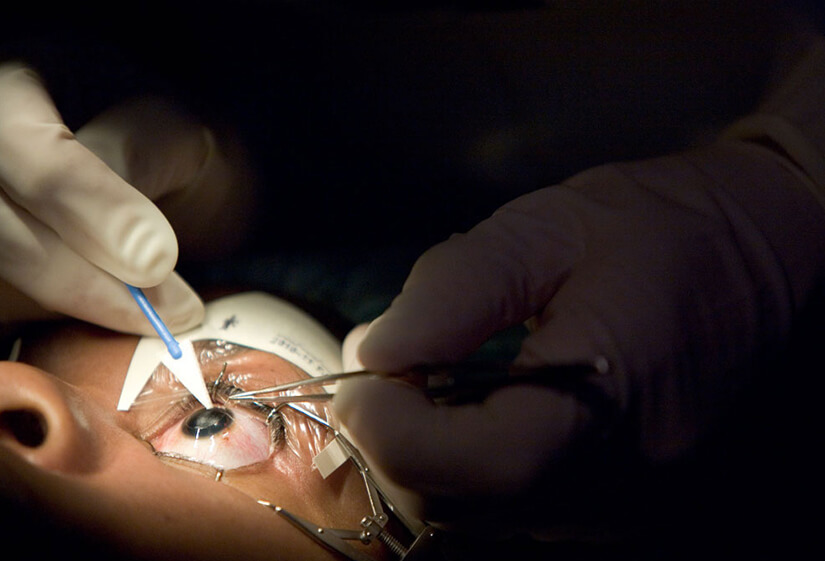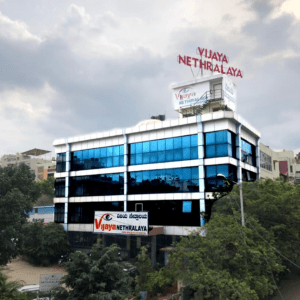Introduction:
For millions of people worldwide, LASIK (laser-assisted in situ keratomileusis) eye surgery has been a life-changing procedure. It offers the potential to reduce or eliminate dependence on glasses or contact lenses, providing clear vision with minimal downtime. However, like any medical procedure, LASIK eye surgery worth it, and LASIK comes with both benefits and risks. If you’re considering this surgery, it’s important to understand whether LASIK is truly worth it for you. This article will explore LASIK in detail, including its advantages, risks, candidacy criteria, costs, and alternatives.
Understanding LASIK Eye Surgery:
LASIK is a refractive eye surgery that reshapes the cornea to correct common vision problems such as:
- Myopia (Nearsightedness): Difficulty seeing distant objects clearly.
- Hyperopia (Farsightedness): Difficulty seeing close objects clearly.
- Astigmatism: Blurred vision due to an irregularly shaped cornea.
During LASIK, a specialized laser creates a thin flap in the cornea. lasik eye surgery worth it The underlying corneal tissue is then reshaped using another laser, after which the flap is repositioned. This reshaping allows light to properly focus on the retina, leading to clearer vision.
Benefits of LASIK Eye Surgery:
- Improved Vision: Over 90% of LASIK patients achieve 20/20 vision or better.
- Quick and Painless Procedure: LASIK takes around 15 minutes for both eyes, with numbing drops ensuring minimal discomfort.
- Fast Recovery Time: Most patients resume normal activities within 24 to 48 hours.
- Long-Lasting Results: LASIK permanently reshapes the cornea, though minor adjustments may be needed due to age-related vision changes.
- Freedom from Glasses and Contacts: No more hassles with prescription lenses, lost contacts, or foggy glasses.
- Cost Savings in the Long Run: Over time, LASIK can be more cost-effective compared to the recurring expenses of glasses, contact lenses, and solutions.
Potential Risks and Side Effects of LASIK:
While LASIK is a safe and effective procedure, it’s important to be aware of potential risks and side effects, including:
- Dry Eyes: Temporary or permanent dryness is common, requiring artificial tears or medicated drops.

- Glare and Halos: Some patients experience halos, glare, or starbursts around lights, particularly at night.
- Fluctuating Vision: Vision may take a few weeks to stabilize post-surgery.
- Undercorrections or Overcorrections: In rare cases, additional touch-up procedures may be required.
- Flap Complications: Improper healing of the corneal flap can lead to discomfort or visual disturbances.
Who is a good candidate for LASIK?
LASIK is not suitable for everyone. The best candidates usually meet the following criteria:
- Stable Vision: Your prescription should not have changed significantly in the past year.
- Healthy Eyes: No active infections, injuries, or conditions like severe dry eye, glaucoma, or keratoconus.
- Sufficient Corneal Thickness: Thin corneas may not provide enough tissue for reshaping.
- Realistic Expectations: While LASIK improves vision significantly, it may not eliminate the need for reading glasses after the age of 40 (presbyopia).
- Not Pregnant or Nursing: Hormonal changes during pregnancy and breastfeeding can temporarily affect vision.
Cost of LASIK Surgery:
The cost of LASIK varies based on location, surgeon experience, and technology used. In general, it ranges from $2,000 to $4,000 per eye. This price typically includes pre-operative exams, the procedure itself, and follow-up visits. Some clinics offer financing options to make the procedure more affordable.
Alternatives to LASIK:
If LASIK isn’t a suitable option, consider these alternatives:
- PRK (Photorefractive Keratectomy): Similar to LASIK but without a corneal flap, making it ideal for people with thin corneas.

- SMILE (Small Incision Lenticule Extraction): A minimally invasive laser procedure with fewer complications.
- ICL (Implantable Collamer Lenses): A reversible option where a lens is implanted in the eye to correct vision.
- RLE (Refractive Lens Exchange): Used mainly for those with presbyopia or high refractive errors.
Is LASIK Worth It? The Final Verdict:
For most people, LASIK is a life-changing procedure that provides excellent visual outcomes with minimal risk. If you are an eligible candidate and can afford the procedure, LASIK can be a great investment in both vision quality and convenience. However, it’s crucial to have a thorough consultation with an experienced eye surgeon to determine if LASIK is the right choice for you.












